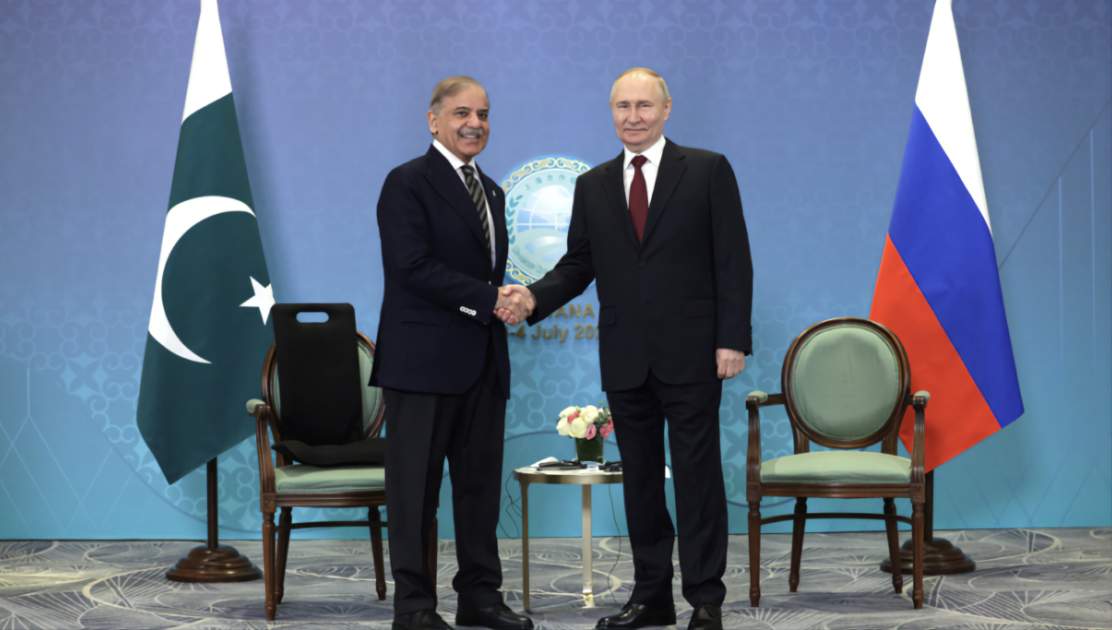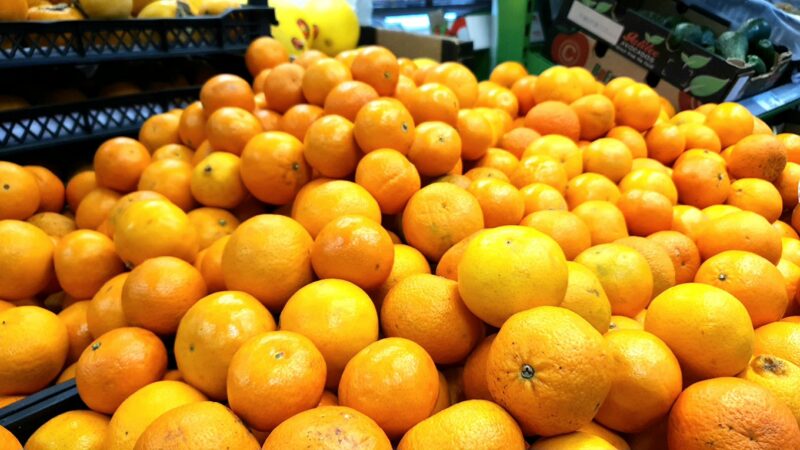Chickpeas for Mandarins: How Russia and Pakistan Are Dodging Sanctions with a New Trade Strategy
Russian companies have initiated a barter trade system with Pakistan to navigate challenges posed by Western sanctions, avoiding monetary transactions altogether. This alternative trade method was agreed upon during the first Pakistan-Russia Trade and Investment Forum held in Moscow.
According to Russian state media outlet TASS, the first Russian company to utilize this mechanism will be Astarta-Agrotrading. The firm will export chickpeas and lentils to Pakistan, while Pakistan’s Meskay + Femtee Trading Company will exchange mandarins and rice in return.
Key Trade Figures
- Russia will export 20,000 tons of chickpeas, and Pakistan will supply an equal quantity of rice.
- Another contract involves Russia exporting 15,000 tons of chickpeas and 10,000 tons of lentils in exchange for 15,000 tons of mandarins and 10,000 tons of potatoes.
Pakistan’s Deputy Commerce Minister, Nasir Hamid, cited “difficulties with mutual payments” as the driving force behind this barter system, which allows both countries to bypass conventional banking systems.

Barter Deals Gain Momentum
As international scrutiny of financial transactions intensifies due to sanctions on Russia following its invasion of Ukraine, barter systems offer an alternative, minimizing risks tied to bank payments. This isn’t Russia’s first venture into barter trade; earlier talks with China explored similar deals, though progress has been slow.
Both Russia and China have also been working towards the creation of a BRICS Bridge payment system, which emerging markets hope will become operational by 2028.









Join our Channel...